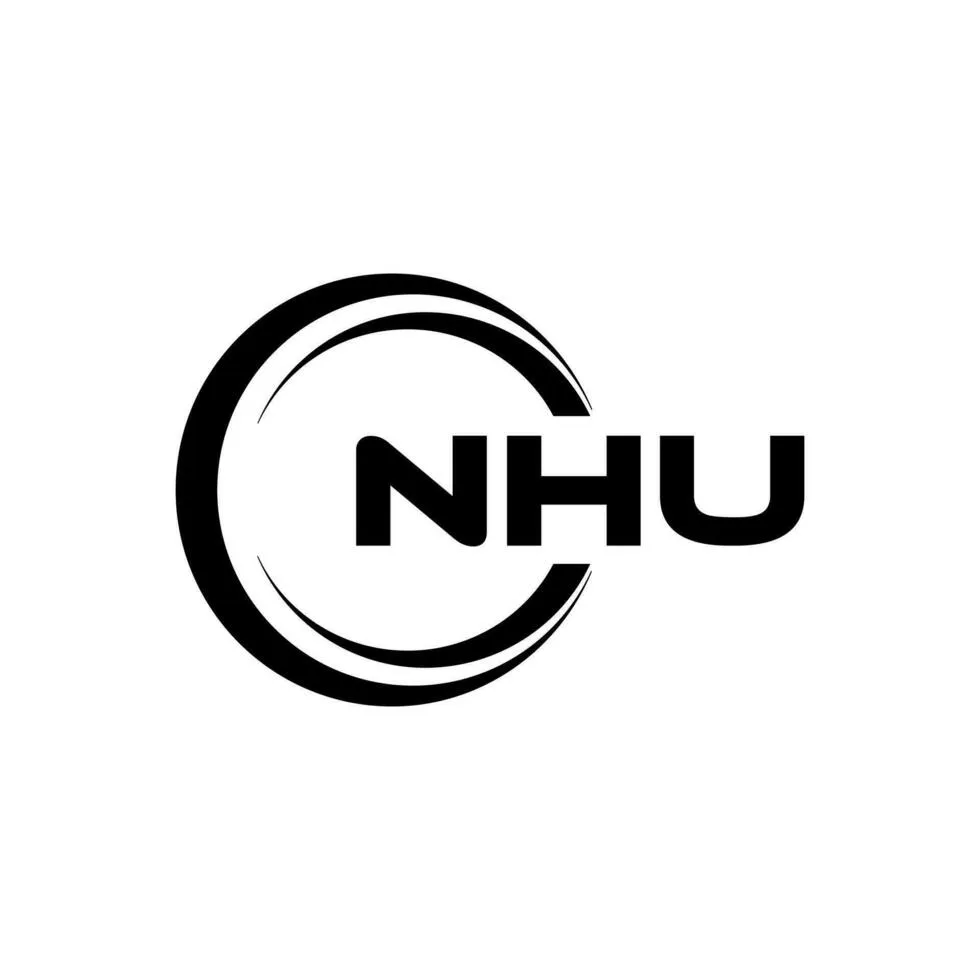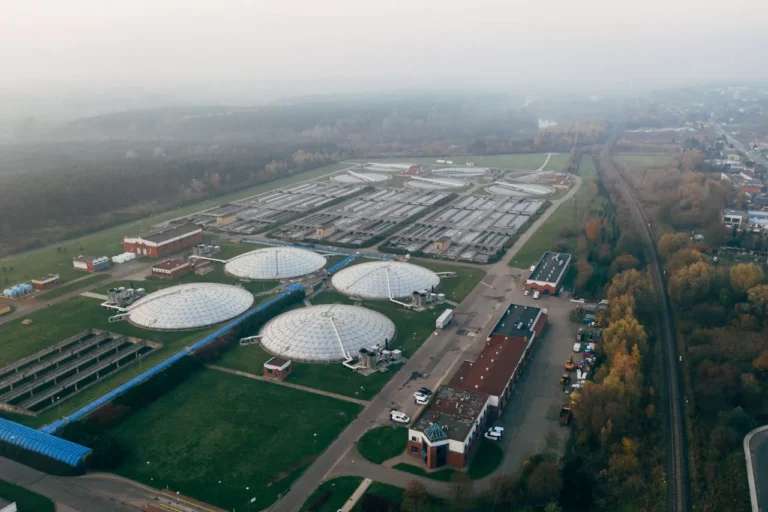
NHU Makes a Strong Impact at the 2025 IUPAC World Chemistry Congress
At the 2025 IUPAC World Chemistry Congress, themed “Chemistry for a Sustainable Future,” Zhejiang NHU made a significant mark, underscoring its growing role as a global leader in green chemistry and sustainable innovation. Held in July, this prestigious gathering brought together over 3,000 chemists, scientists, and industry professionals from around the world to explore the critical contributions of chemical science in addressing some of the most pressing global challenges—particularly those tied to sustainability and environmental stewardship.
Representing NHU at the event were several key members of the organization’s leadership and research team. Mr. Li Haoran, Honorary Dean of the NHU Research Institute, Ms. Yu Lili, Assistant Dean and Deputy Director of the Product R&D Department, and Mr. He Qiyang, Deputy Director of the Science and Technology Cooperation Department, actively participated in a range of forums, presentations, and networking events throughout the week. Their presence reflected NHU’s strong commitment to international collaboration, scientific excellence, and the advancement of green chemistry.
A Spotlight on Global Green Chemistry: The 2025 IUPAC–Zhejiang NHU International Award
One of the most anticipated moments of the Congress was the official announcement of the winners of the 2025 IUPAC–Zhejiang NHU International Award for Advancements in Green Chemistry. Jointly established by NHU and the International Union of Pure and Applied Chemistry (IUPAC), this prestigious award recognizes outstanding contributions to the development and implementation of green chemistry practices that support sustainability goals worldwide.
This award, now in its fourth cycle, holds the distinction of being the first international academic honor co-established by a Chinese enterprise and IUPAC. It has earned significant global recognition as a benchmark for excellence in the field. Since its inception, the award has highlighted the achievements of 16 leading scientists, drawing widespread attention from the global chemistry community and promoting broader dialogue on sustainable practices across academia and industry.
At the 2025 Congress, Professor Javier Pérez-Ramírez of ETH Zurich was named the recipient of the Experienced Chemist award. Known for his pioneering work in catalysis and process engineering, Professor Pérez-Ramírez has made numerous contributions to sustainable chemical manufacturing and environmental remediation. His work exemplifies the type of visionary research the award aims to recognize.
In addition, the Young Chemist Awards were presented to three emerging leaders in green chemistry:
- Dr. Jianbin Li from the Chinese University of Hong Kong
- Dr. Philip Stanley from the Technical University of Munich
- Dr. Sahel Fajal from the Indian Institute of Science Education and Research
These promising researchers were honored for their innovative approaches to green chemical synthesis, resource efficiency, and environmentally benign technologies. Their early-career contributions have already begun to reshape the landscape of sustainable chemistry.
The awards were presented during the opening ceremony by IUPAC President Ehud Keinan and Professor Li Haoran, who jointly conferred certificates and offered warm congratulations to the recipients. Their shared remarks celebrated the awardees’ achievements and emphasized the importance of nurturing international cooperation to address the challenges of climate change, resource scarcity, and ecological preservation through chemistry.
Advancing Green Chemistry Through Research: NHU’s Academic Contributions
Beyond the award ceremony, NHU continued to showcase its leadership in green chemistry through high-impact academic engagement. On the afternoon of July 16, Professor Li Haoran delivered a featured lecture at one of the Congress’s key academic forums. His presentation, titled “Green Oxygenation Mediated by Geminal-Diol Type Species,” drew considerable attention from attendees for its cutting-edge insights and real-world applications.
During his talk, Professor Li introduced NHU’s innovative research on a new catalytic pathway for the conversion of phenol to quinone—an essential process in the industrial production of vitamin E and vitamin K3. This novel method utilizes geminal-diol type species to achieve selective green oxygenation, offering a significantly cleaner and more efficient alternative to conventional chemical synthesis routes. By improving both atom economy and process safety, this breakthrough holds enormous potential for reducing environmental impact and improving energy efficiency in vitamin manufacturing.
The lecture exemplified NHU’s dedication to bridging scientific innovation with industrial relevance. Professor Li emphasized that such advancements reflect the company’s broader strategy to prioritize sustainability and green transformation across its product lines.
Following his address, Professor Javier Pérez-Ramírez also delivered a keynote lecture as part of his award recognition. In his remarks, he praised NHU’s spirit of innovation and its proactive support of forward-looking research. He acknowledged NHU as a rare example of an enterprise that not only values scientific discovery but actively invests in it for the long-term benefit of industry and society.
NHU’s Vision: Creating a Better Life Through Chemistry
The creation of the IUPAC–Zhejiang NHU International Award for Advancements in Green Chemistry is emblematic of NHU’s founding philosophy: “Creating a Better Life through Chemistry.” Far beyond a corporate slogan, this vision is deeply embedded in the company’s research strategy, business operations, and global partnerships.
For NHU, green chemistry is not a side initiative—it is central to how the company defines success and impact. As environmental concerns become more urgent and global regulations tighten, NHU has committed itself to sustainable industrial development through innovation, efficiency, and collaboration. Its long-term goals include reducing waste, lowering emissions, and developing new processes and products that minimize environmental burden while meeting the evolving needs of society.
This commitment is also reflected in NHU’s strategy of deep integration between industry, academia, and research. By forging meaningful partnerships with leading universities, research institutions, and international organizations like IUPAC, NHU aims to build a collaborative ecosystem that nurtures talent, accelerates technological advancement, and ensures that scientific breakthroughs translate into real-world solutions.
The company’s presence at the 2025 IUPAC Congress affirmed this approach. Through active participation, technical presentations, and sponsorship of one of the field’s most respected awards, NHU demonstrated that it is not only keeping pace with the global shift toward green chemistry but actively shaping its future.







